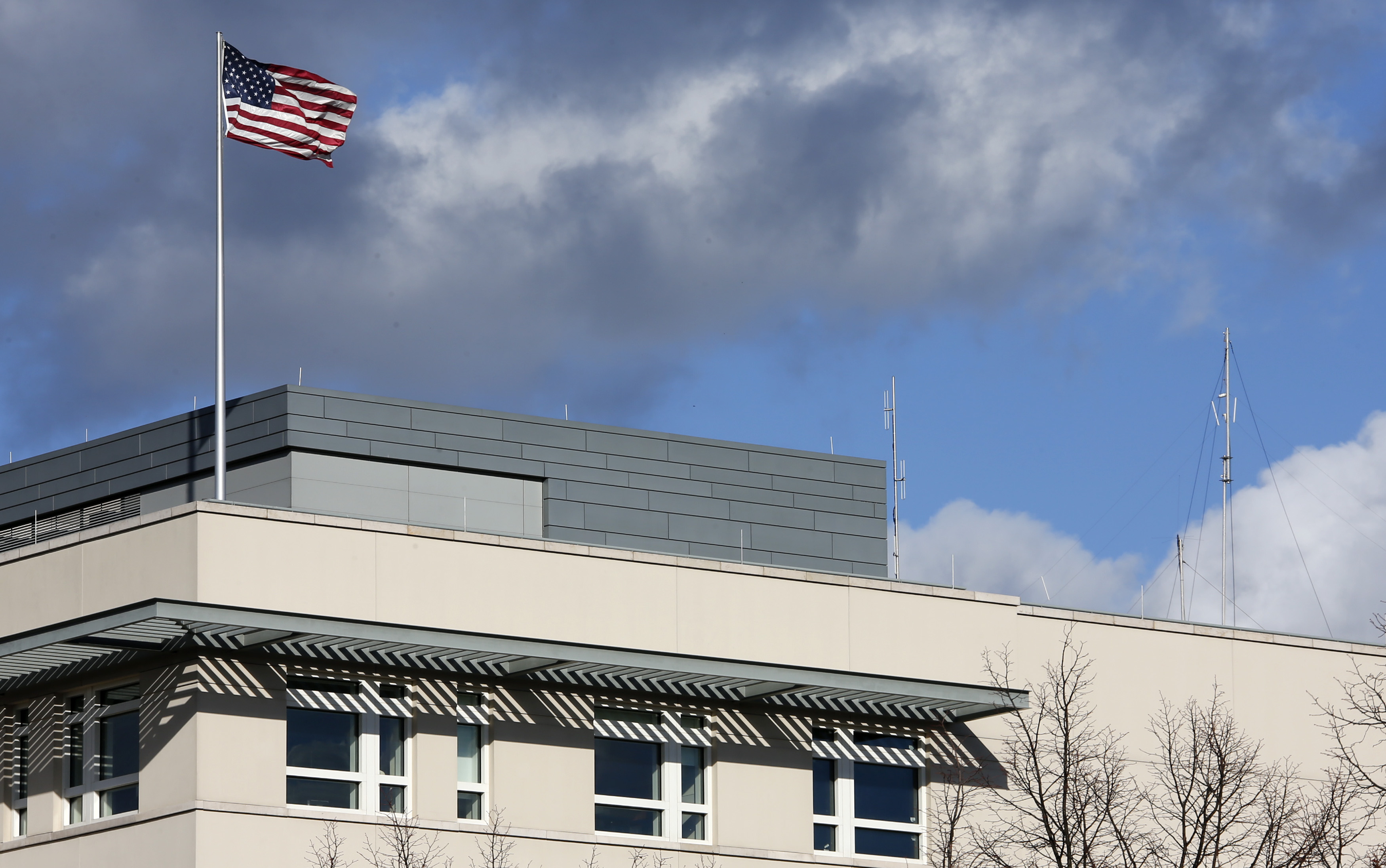Berners-Lee urges citizens to secure web’s future

Tim Berners-Lee, the inventor of the World Wide Web, says a recent United Nations resolution to protect online privacy does not go far enough and has called on citizens to fight back against online censorship and surveillance.
Addressing journalists at the UN in Geneva on Thursday, Berners-Lee said the resolution adopted last week by the organisation’s General Assembly to protect the right to privacy against unlawful surveillance was a “step forward”.
“But we are at a crossroads,” he declared. “Unless we seize the opportunity it will remain just ink on paper.”
The symbolic resolution, launched by Brazil and Germany and supported by European states including Switzerland, seeks to extend personal privacy rights to all people.
The 54-year-old British computer scientist who helped create and guide the web’s technological development, urged ordinary people to “secure the internet’s future”.
On Thursday, almost a quarter of a century after the web was born, Berners-Lee launched a campaign, “Web We Want”, backed by a coalition of civil society organisations including Free Press and the Center for Democracy and Technology.
“We must not let anybody –governments, companies or individuals – take away or try to control the precious space we’ve gained on the web to create, communicate and collaborate freely,” he declared.
He urged citizens around the world to start national debates about what they want from the web and future rights and freedoms and to push for the creation of a national bill of rights for the internet in each country.
UN investigation
The UN resolution calls on Navi Pillay, the UN High Commissioner for Human Rights, to carry out a study into the impact of online surveillance around the world.
Pillay is to report to the Human Rights Council and the General Assembly on the protection and promotion of privacy “in the context of domestic and extraterritorial surveillance … including on a mass scale.”
Last week, five major human rights and privacy groups – Amnesty International, Human Rights Watch, the Electronic Frontier Foundation, Access and Privacy International – said this would guarantee that the privacy issue stays on the front burner at the UN.
Pillay told reporters on Thursday that the web had “dramatically altered” the human rights environment globally, boosting freedom of expression and freedom of information. It also provided powerful new tools to human rights defenders for disseminating information and mobilizing individuals around a cause, she added.
“But we have also seen how new technologies are facilitating government crackdowns and reprisals against rights defenders,” she pointed out.
Since summer newspapers have published leaks from US spy agency contractor Edward Snowden about mass surveillance by the National Security Agency (NSA) and Britain’s eavesdropping agency GCHQ.
Articles have shown that the United States and some of its allies, including Britain, were monitoring phone, email and social media communications on a previously unimagined scale.
The revelations provoked diplomatic rows and stirred an international debate on civil liberties. Security chiefs, however, have said the leaked data had put lives at risk and the country’s enemies were “rubbing their hands with glee”
Berners-Lee said the ‘most troubling’ aspect about the NSA controversy was not the spying in itself but that checks and balances failed and the system set up was ‘unaccountable to the public’.

In compliance with the JTI standards
More: SWI swissinfo.ch certified by the Journalism Trust Initiative












You can find an overview of ongoing debates with our journalists here . Please join us!
If you want to start a conversation about a topic raised in this article or want to report factual errors, email us at english@swissinfo.ch.